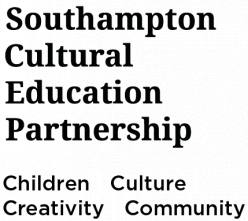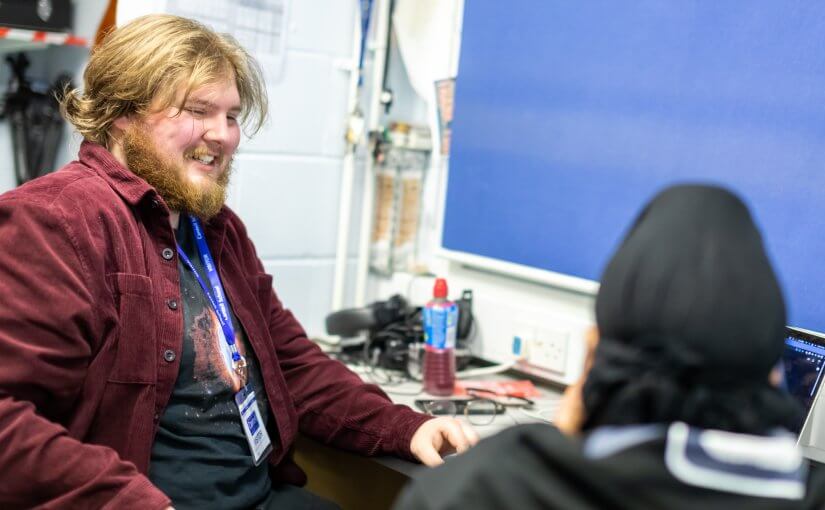If we want equity baked into our education system, ensuring children with Special Educational Needs and Disabilities (SEND) thrive is a vital goal.
The former Children’s Commissioner Anne Longfield told The Times Education Commission in 2022 that “The talents of hundreds of thousands of children are being squandered”, including those of children with SEND.
Cultural Education provides an inspiring and engaging way to support students with SEND to access a mainstream curriculum and demonstrate their knowledge and skills.
Promising results for SEND students
Our Better Lives Through Culture project, which worked with four schools across Southampton in 2023, found using the arts enabled:
- Primary SEND students to demonstrate their knowledge and fully take part in lessons
- Secondary students in Alternative Provision to build confidence, communication and teamwork skills while engaging in school work
Support for children with SEND
For children with SEND the current school wide issues of poor student mental health and attendance are severe.
In the Pearson 2023 School Report, teachers reported that support for students with SEND is expected to be one of the biggest barriers to learning over the next six months. Delays to Education, Health and Care Plans (EHCP), and lack of funding for specialist support are reported by schools across the region.
Using dance to demonstrate knowledge
One way to support students with SEND is to use arts and culture across the curriculum. Working with Banister Primary School, movement specialist Natalie Watson used dance to deliver parts of the Geography and Science curriculum.
When studying Butterflies in Science in Year 2, rather than asking children to create a mind map of what they knew about butterflies Natalie asked the children to move and behave like butterflies. This allowed students with SEND to express their knowledge and have it recorded by the teacher. Using dance increased access to lessons for children with SEND and lower achieving children in Key Stage 1.
Increasing engagement with complex vocabulary
Teachers also noticed that using dance helped lower attaining children engage better with more complex vocabulary. Pupils were able to retain and retrieve the words.
In Geography, children could show the different ways rivers moved and could recall geography vocabulary such as meandering to describe rivers. Classifying animals in science was also more engaging for the children using movement.
Natalie and the school worked together to refine their approach to using Dance. This was then rolled out across Geography at Key Stage 2 and Science in Reception and Key Stage 1 with supporting resources and a lesson plan. INSET training was provided to model how to use the resources with the classes.
Engaging students in Cantell’s Learning to Learn Hub
At Cantell School, SoCo Music Project worked with students within the school’s Learning to Learn Hub. Some students wrote song lyrics linked to their English text as part of their Key Stage 4 English Curriculum.
Attendance and engagement are key outcomes needed for the students in the Learning to Learn hub. The students who worked with SoCo’s artist Craig engaged in the project with Craig tailoring activities to the students each week.
Their teacher remarked the approach was very well suited to the learning to learn model. The students responded differently to an artist and respected their expertise. After building trust the students engaged in independent work writing lyrics and worked as a team performing on the drums together.
Working with artists is CPD for teachers
Teachers across all of the Better Lives Through Culture projects reflected that working with artists was a form of CPD for them. They learnt new ways to work and communicate with their students.
For teachers looking for strategies on how to support SEND students within their classrooms cultural learning offers important tools and approaches.
Southampton Cultural Education Partnership (SCEP) members have expertise in working with students with SEND and crafting arts-based interventions.
Join the SCEP to learn more and connect with arts colleagues who can help you support students with SEND.

